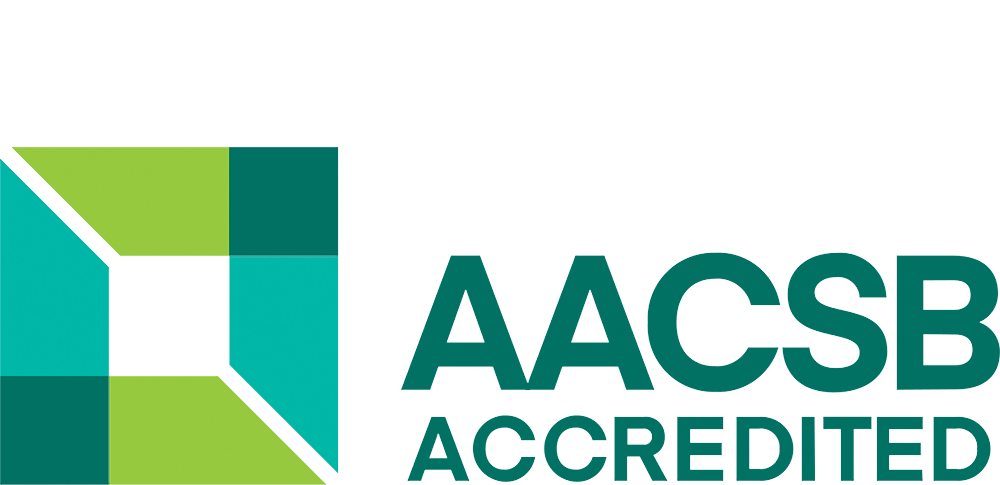
22 Jul 2025
What to do after a BTS in hotel management?
Have you just completed your BTS in Hotel and Restaurant Management (MHR) and are wondering what to do next?
Read the article


21 Oct 2019

Etudiants & apprenants
Orientation
Graduates of a business school have no difficulties to enter the job market, as shown by employment rate surveys made public. At IPAG, the rate of young graduates finding a job within 6 months after graduating is 99%. Depending on the degree (Grande École Programme, BTS, Bachelor, BBA, MBA), the chosen specialisation and their profile, these students who enter the workplace work in various sectors. Check out a brief overview of job opportunities and jobs held by young people – or not so young – alumni of major business schools…
All companies, regardless of their field, need salespeople to sell their products and grow. Often, functions of sector manager, sales manager or business developer are occupied by graduate students from leading business schools. With the rise of e-commerce, young professionals who have followed a training focused on digital during their curriculum are now getting key positions faster. In addition, for those who are considering a career as a manager in international business, many specific courses available soon after the baccalaureate deliver a 3-year degree (Bachelor of International Business) or 5-year Master degree (International Management specialisation of the Grande École Programme).
Many marketing professions are within the reach of young workers who are just emerging from their higher education: product manager, head of studies, marketing and communication project manager, digital brand manager, etc. These professions are constantly evolving since the advent of digital. Nowadays, the major management schools meet the needs of companies by offering their students specific specialisations for each of their programme. At IPAG, young graduates can specialise in communication and digital marketing.
Whether in the financial sector, in the fields of accounting or management, the jobs are as many as diverse: financial auditor, risk manager, management controller, acquisition advisor, salesman, portfolio manager, trader, accountant, auditor, asset manager… Career prospects are good and these positions can be in private companies, in an administration, a bank or an audit firm. To train professionals in these areas, know that some schools of business and management offer customisable courses to their students. This is the case at IPAG, during the Master cycle there is a wide range of major and minor in management sciences, accounting, and finance to match the career goal of each. The combination of these different lessons allows the student to acquire the essential skills that apply to these jobs.
The human resources departments are today halfway between management, law and strategy. HR services not only look after recruitment or pay but also take care of employee training, social relations, respect for diversity in the company, etc. That's why companies today rely on graduates from a management school to hold the positions of HR manager (then HR director), campus manager, head of international mobility, director of internal communication, diversity manager or even chief happiness manager. In 3 years (for the Bachelor in Accounting and Finance) or in 5 years (for those who have chosen the specialisation in HR Management of the Grande École Programme), students of IPAG can prepare for a great career in this field.
If the programmes offered by the top management or business schools prepare you all, or almost, to become a manager, some allow you to specialise in international management. At IPAG, the specialisation in international management (100% in English) of the Grande École Programme is the best route to consider a career as a top international manager. Business development manager, commercial strategy manager, international brand manager, export manager... are as many positions you can access after quality studies in a business school in France or abroad.
More and more students have the ambition to become company buyer, founder, or company manager. These jobs can not be improvised, which is why young people who have the entrepreneurship spirit can enter in specific programmes that train specialists in entrepreneurial management at 360-degree (see specialisation “Entrepreneurship” of the IPAG Grande École Programme). Beyond these courses, the presence of a dynamic incubator within a business school is a real asset for students who have a business project to develop.
To conclude: this list, which is obviously not exhaustive, could be achieved by hundreds of other jobs in hundreds of other sectors. Given the diversity of what alumni of business schools work nowadays, let us remember one thing: business schools in fact prepare for all jobs a company can offer, or almost.

22 Jul 2025
Have you just completed your BTS in Hotel and Restaurant Management (MHR) and are wondering what to do next?
Read the article

23 Oct 2019
Each year, more and more students choose to follow the courses offered by leading business schools. They choose those because they want to find undergraduate or postgraduate degrees recognised on the job market but also they want to feel the business school atmosphere, take advantage of an active network of alumni or have the possibility of studying abroad during their studies. If you want to join a business school, here are the options available to you...
Read the article

31 May 2021
The Brevet de Technicien Supérieur (BTS) is a higher education diploma at Bac+2 level for which you can prepare the national exam in a CFA, a Lycée or a Business School. At the end of this training, you have two options: to enter working life or to continue your studies.
Read the article
Application
Contact